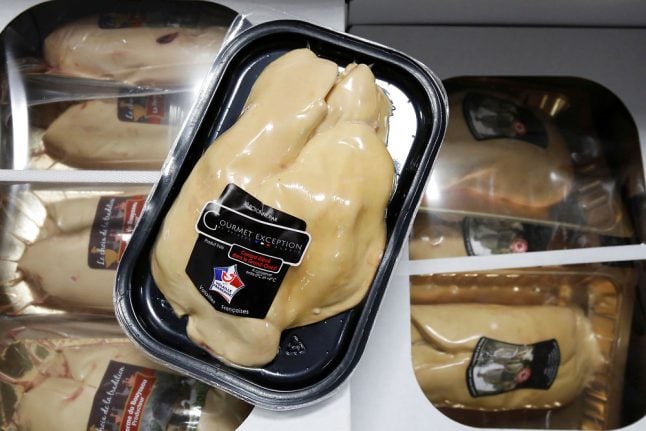France, Europe’s biggest agriculture producer, is desperately trying to contain its first outbreak of bird flu since 2006.
On Tuesday it was confirmed that a fourth case had been detected at a poultry farm in the Dordogne and for the first time three cases have been found in the nearby Landes region.
The latest outbreak in the Dordogne was found at a duck and chicken farm in Cénac-et-Saint-Julien in the Périgord and prompted the slaughter of around 4,500 chickens and 1,000 ducks.
In the villages of Doazit and Horsarrieu in the Landes region three cases were confirmed at a duck fattening farm and at a farm for guinea fowl, capon and chickens, France’s agriculture ministry said.
The return of bird flu in France comes just before demand for foie gras, produced from duck or goose liver, peaks over the festive period.
While most of the foie gras that will be sold in France was already produced, packaged and distributed before the recent outbreak, the spread of the virus may put many consumers off.
Eight countries have already restricted imports of French poultry birds and products due to the outbreak, including Japan which is France's biggest export market for foie gras, but banned imports of the delicacy last week.
The agriculture ministry has stressed the measures it had taken to avoid a spread of the virus, including active surveillance and trade restrictions.
“France decided to forbid exportation of all living animals and hatching eggs from the Dordogne and Landes departments,” it said in a statement.
There is no evidence that bird flu can be transmitted to humans via food, but certain strains have infected and in some cases killed people who were in direct contact with sick animals, notably in Asia, Reuters news agency stated.



 Please whitelist us to continue reading.
Please whitelist us to continue reading.
Member comments